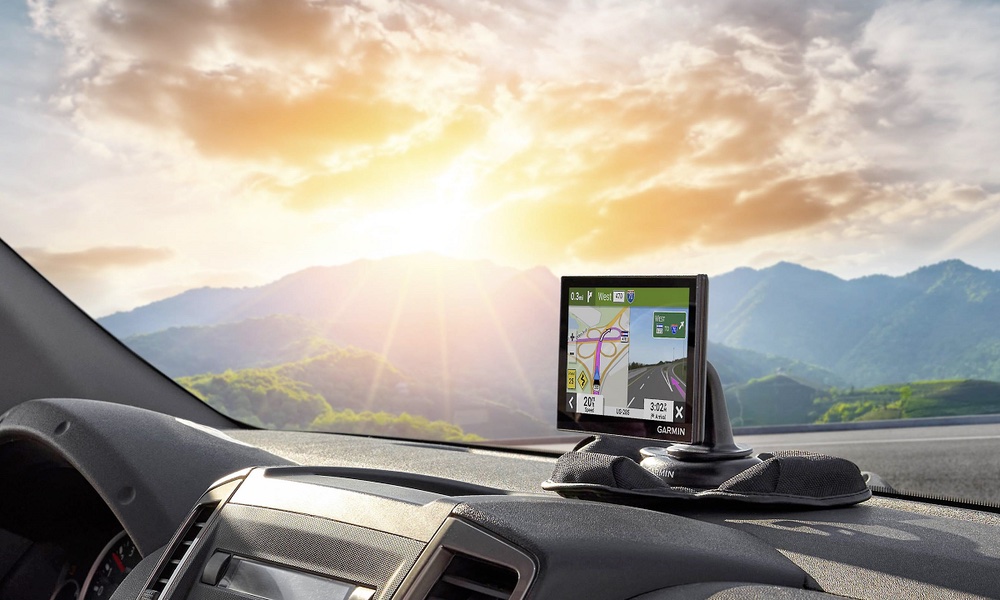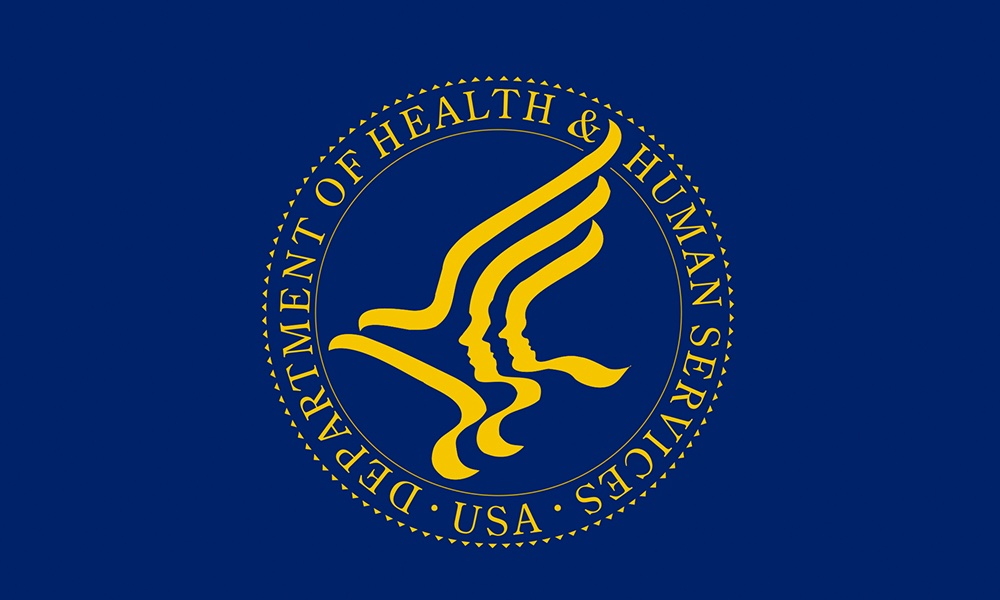Seven in ten Americans check into their social media every single day, according to a Pew Research Poll. If you’re one of them, how would you feel about giving up the habit for several days? Do you think you’d get antsy, bored or blue? The opposite is more likely, it appears.
Taking a break from Instagram, Facebook, Twitter and TikTok for just one week can not only significantly improve your overall feelings of well-being, it may actually reduce symptoms of depression and anxiety, a new study shows.
The study involved 154 participants, ages 18 to 72, who reported that they checked in daily with their social media accounts on average eight hours a week.People who took a break from social media were more likely to agree with statements indicating greater well-being, such as “I’ve been feeling optimistic about the future” and “I’ve been thinking clearly.”
“We know that social media usage is huge and that there are increasing concerns about its mental health effect,” Jeff Lambert, the lead author of the study and a health and exercise psychologist at the University of Bath, in the United Kingdom, said in a press statement. “We wanted to see whether simply asking people to take a week’s break could yield mental health benefits.”
Going on a social media vacation for just one week offered significant mental health perks, the researchers found. Participants who took a break were more likely to agree with statements indicating greater well-being such as, “I’ve been feeling optimistic about the future;” and “I’ve been thinking clearly.” They were also less likely to say they were feeling worried, nervous or mention depressive symptoms.
“Many of our participants reported positive effects from being off social media with improved mood and less anxiety, overall,” Lambert said. “This suggests that even just a small break can have an impact.”
Convinced taking time off from social media could do you some good but worried it may be too hard to do? Here are some ways you can begin to disconnect that can help you get started:
- Delete media accounts you don’t use.
- Set a realistic goal by reducing time on social media rather than a total black-out.
- Use your timer to remind you when you’ve reached your limit.
- Turn off your push notifications.
- Don’t be tricked into responding to posts that make you angry. You’ll only feed trolls.
- Delete so-called friends you don’t know.
- Create physical distance between you and your devices. Keep your phone, iPad, laptop and other devices out of reach when you’re not actually using them.
- Make face-to-face, in-person connections a priority by meeting friends — make walking dates for added physical benefits — or give them a call and have a real conversation.
The study is published in Cyberpsychology, Behavior, and Social Networking.





